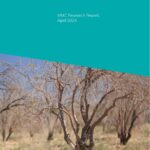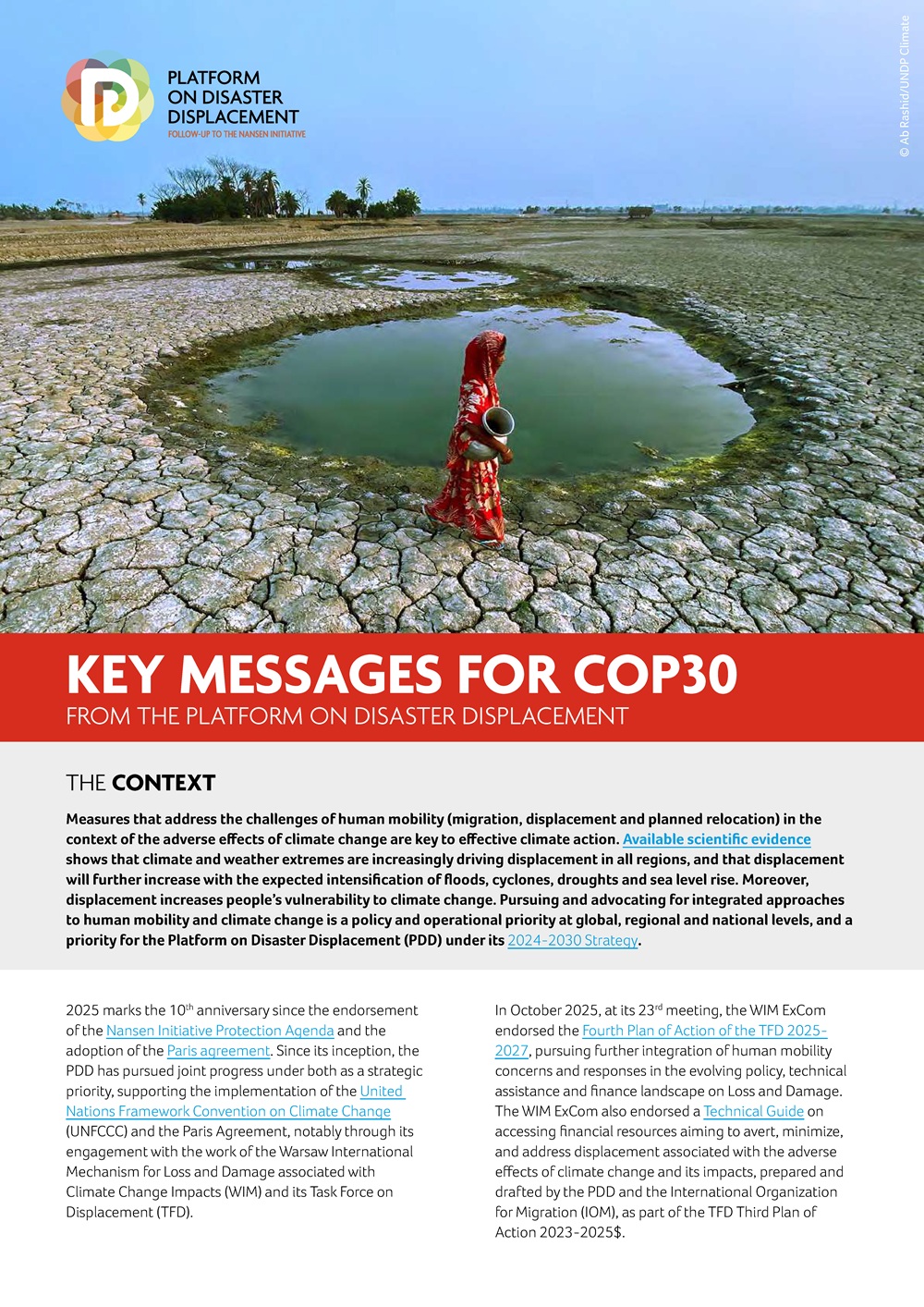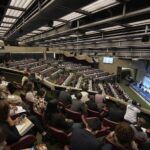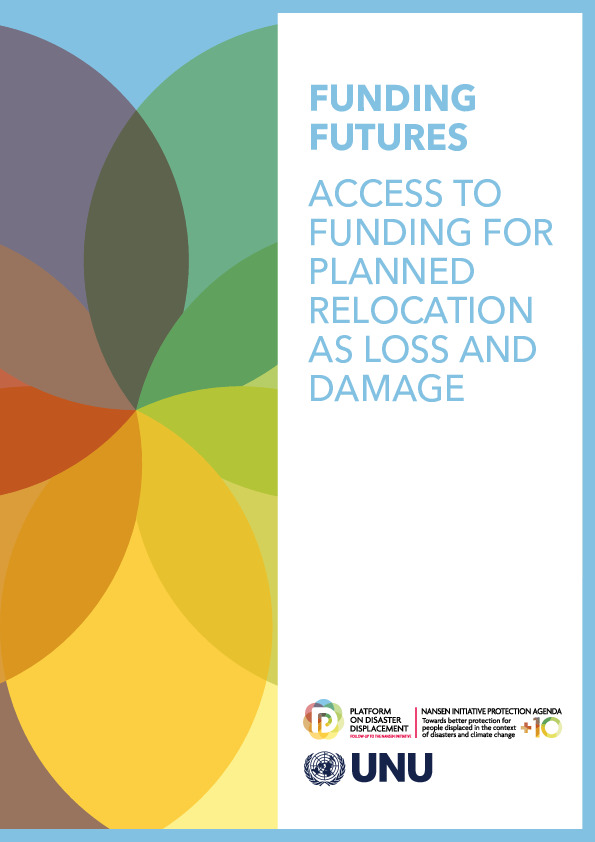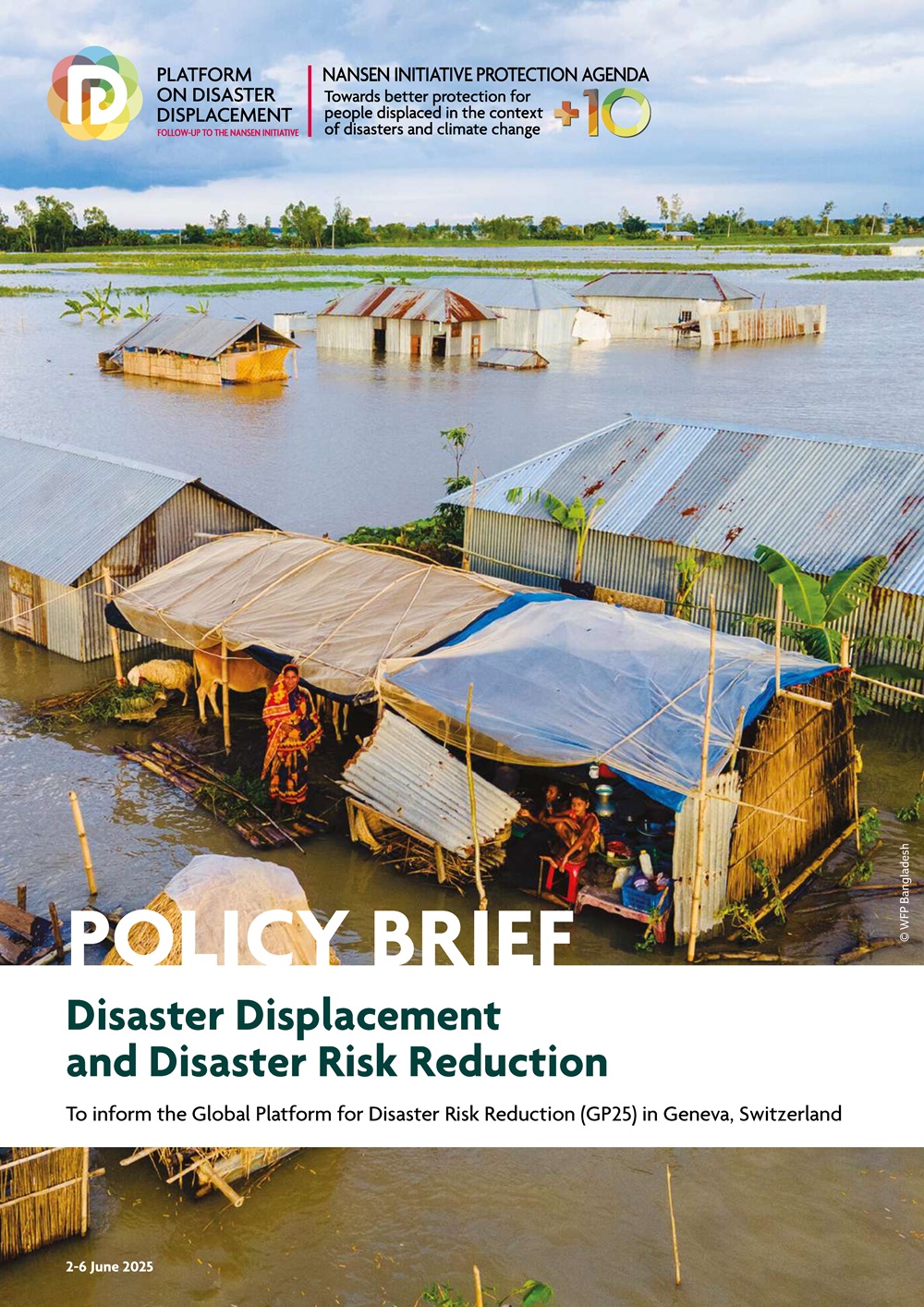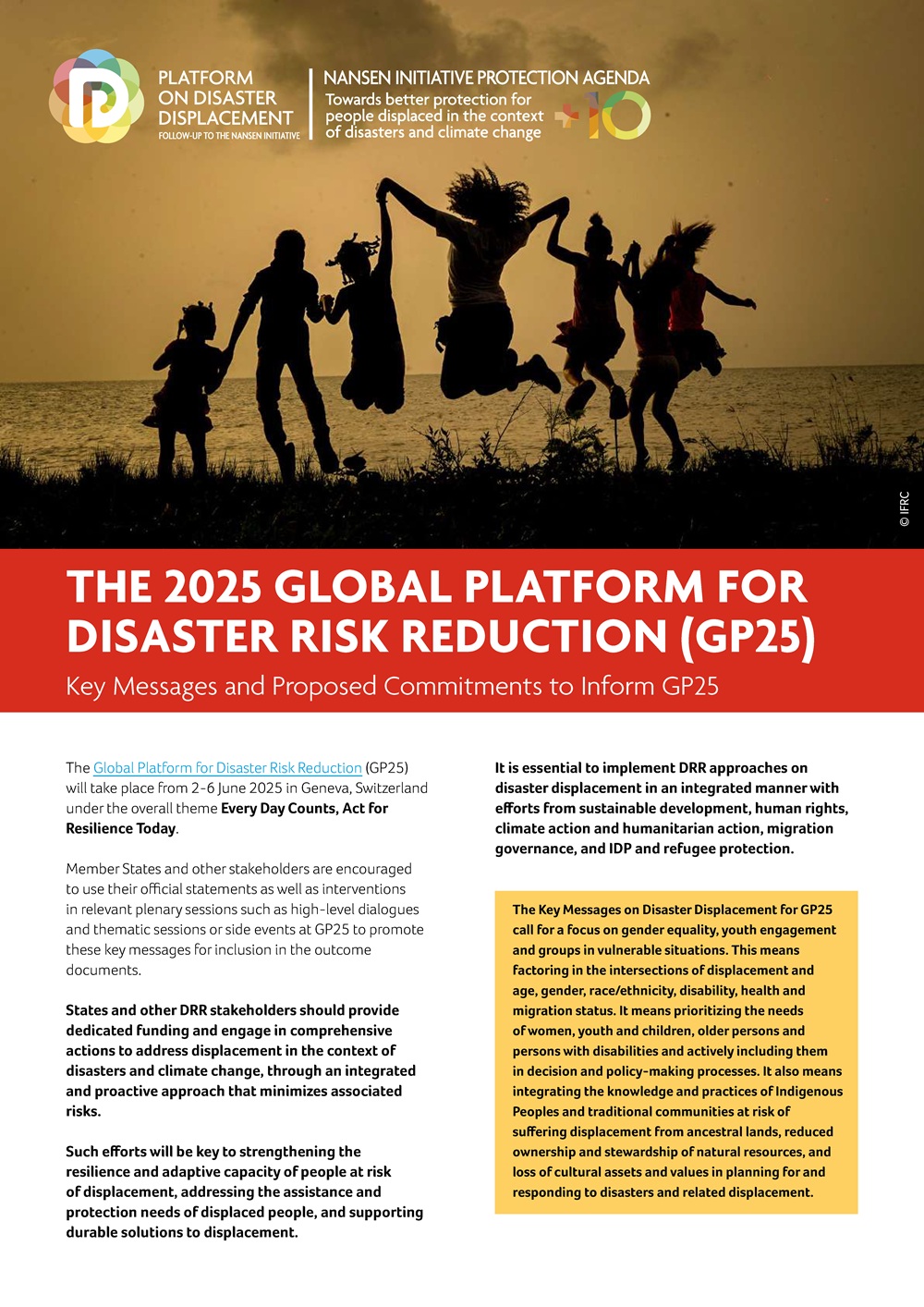These key messages summarize the priorities and recommendations identified by the Platform on Disaster Displacement at COP30 to continue building momentum for the integration of displacement and human mobility in the Loss and Damage architecture, seizing the opportunities that are emerging in this evolving landscape. PDD Steering Group members, other States and all relevant Stakeholders are invited to consider the messages and use them as they deem appropriate when preparing for and participating in the various proceedings and events at COP30, in order to ensure that displacement and the protection of displaced persons be recognized in relevant COP30 decisions.
Measures that address the challenges of human mobility (migration, displacement and planned relocation) in the context of the adverse effects of climate change are key to effective climate action. Available scientific evidence shows that climate and weather extremes are increasingly driving displacement in all regions, and that displacement will further increase with the expected intensification of floods, cyclones, droughts and sea level rise. Moreover, displacement increases people’s vulnerability to climate change. Pursuing and advocating for integrated approaches to human mobility and climate change is a policy and operational priority at global, regional and national levels, and a priority for the Platform on Disaster Displacement (PDD) under its Strategy 2024-2030.
Supporting the implementation of the United Nations Framework Convention on Climate Change (UNFCCC) and the Paris Agreement has been a strategic priority for the PDD since 2016, in particular through its engagement with the work of the Warsaw International Mechanism for Loss and Damage associated with Climate Change Impacts (WIM) and its Task Force on Displacement (TFD).
In October 2025, at its 23rd meeting, the WIM ExCom endorsed the Fourth Plan of Action of the TFD 2025-2027, pursuing further integration of human mobility concerns and responses in the evolving policy, technical assistance and finance landscape on Loss and Damage. The WIM ExCom also endorsed a Technical Guide on accessing financial resources aiming to avert, minimize, and address displacement associated with the adverse effects of climate change and its impacts, prepared and drafted by the PDD and the International Organization for Migration (IOM), as part of the TFD Third Plan of Action 2023-2025.
The PDD and its partners will continue to engage with the UNFCCC process at COP30. The primary focus will be promoting the operational tools, guidance, and resources that have been developed and endorsed by the WIM ExCom, in the context of PAMAD, and with key partners. As Parties to the UNFCCC advance the operationalization of the Loss and Damage architecture and implement measures to enhance action and support, it is important to ensure that guidance and resources are available, accessible, and being used when designing both technical and financial assistance.

